
I want learn everything I can, and write down everything I see. Which is why / I am a spy.
If you'd asked me in sixth grade whether movie adaptations were ever better than the books they were based on, I'd have given you a heck of a scowl. In sixth grade, I found books engaging where movies were overwhelming; books let you pause and take things in, while movies trapped you in your seat until they were finished with you. Books were canon; movies were apocrypha.
Of course, I wanted to be an author, not an actor. I thought writers were the most powerful people in the world. Writers made things real. Writers brought people together with their stories. More importantly to a sixth grader: having the right words meant the difference between respect and embarrassment.
I had one exception to my rule about movie adaptations. In sixth grade, my favorite book was Louise Fitzhugh's Harriet the Spy. That year, my favorite movie was the Nickelodeon movie adaptation of the book starring Michelle Trachtenberg (and weirdly, Rosie O'Donnell, who, while being awesome in her own right, did NOT do the character of Ole Golly justice.)
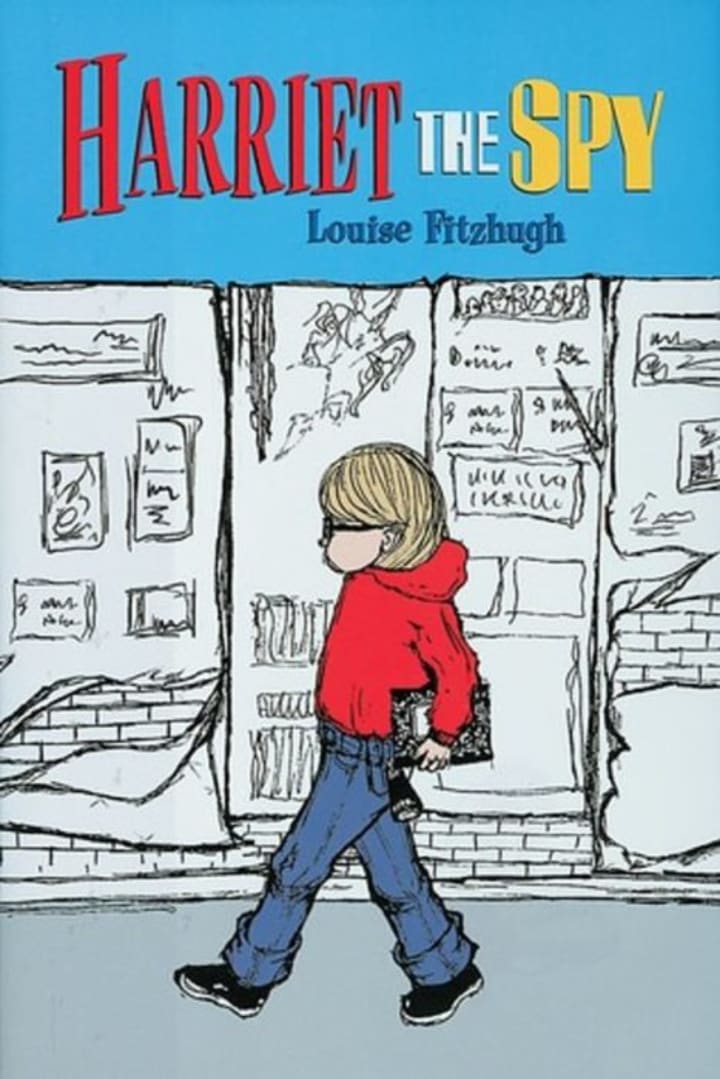
I loved the movie mostly because it was reasonably faithful to the book, but especially for the line that opens this essay; it is from the movie, and doesn't appear in the book. As a sixth grader, I found it pithy, clever, and aspirational.
And of course, I had a notebook.
When people ask me how I started writing, I usually tell them about creative writing assignments in school, or poems I wrote to please, celebrate, and impress my family members. Sometimes I'll talk about writing letters to camp friends after we all went home. But the first time I really wrote for myself - the first time I remember feeling like I had to write the way I had to breathe - was when I got my pale blue notebook, stole a Sharpie from my teacher's desk, and scrawled the word PRIVATE across its front.
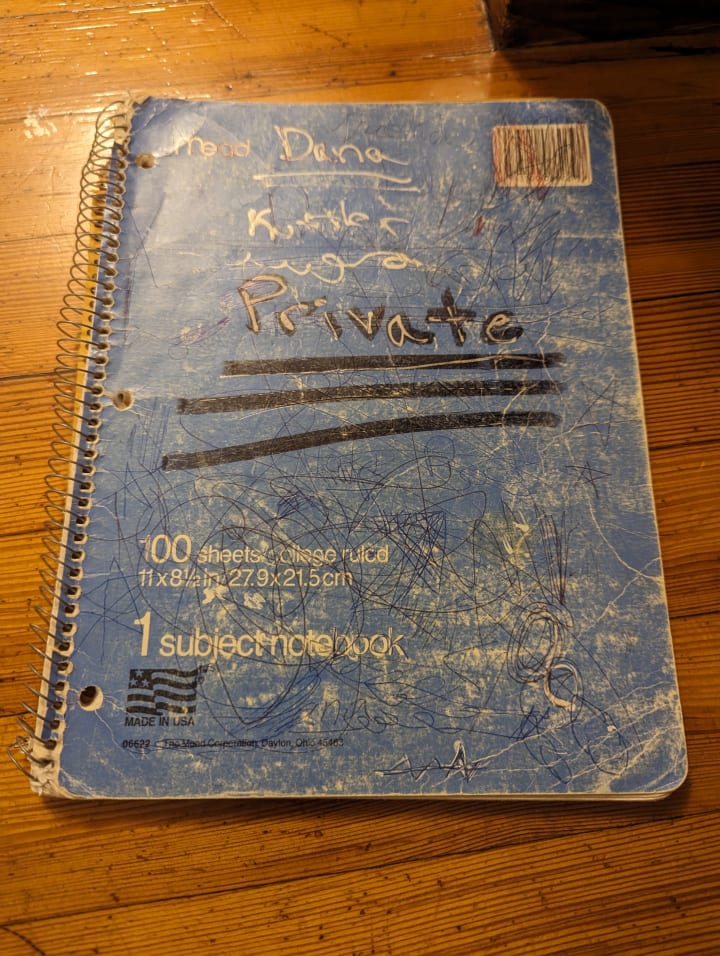

From there, of course, I started assigning pages to each of my classmates. Looking through them now, you can trace the histories of friendships as I noted progressions like, "Not much to think about [x]. Seems kind of stuck up. Maybe she's just shy. Got to work on social studies project. Has good taste in books."
Of course, the bulk of the pages were reserved for something more passionate - revenge. Even if they were never meant to see them, the kids who bullied and teased me got the worst end of my pen. When I couldn't think of comebacks in the moment, I'd write them in my notebook later. When I felt humiliated and ashamed, I'd open their pages and scrawl enough vitriol to soothe myself. The first time I finished writing one of those (complete with half a page of exclamation points, for emphasis), I laid my forehead down on my desk, panting like I'd run up the stairs.
So writing became an exorcism, a crude therapy, an in-the-moment catharsis I could get away with in class. Sometimes, just knowing my trusty blue notebook was waiting for me was enough to get me through til lunchtime, where I sat alone and scribbled. I relished the chance to reenact one of my favorite moments from the movie whenever someone got close or asked what I was working on.

And of course, like Harriet, I was found out. In a scene that almost mimicked the one from the book, my classmates got a hold of the notebook and passed it around, reading choice bits aloud to one another while I screamed my/Harriet's line:

In some ways, the humiliation and guilt of having my classmates figure out the nasty things I was saying about some of them was tempered by the fact that I knew how to get out of it. I knew that, like Harriet, I'd have to apologize (both honestly and dishonestly - I love that her nanny counsels her to tell white lies to save face). In the end, I don't remember much about how the issue was resolved, but I'm certain there were apologies involved. The notebook stayed at home and wasn't allowed back at school; I satisfied my cravings by writing my occasional bursts of rage in illegibly tiny letters in the margins of my math and science notebooks.
Harriet M. Welsch might be a lousy role model and socially incompetent to boot, but she gave me permission to be relentlessly devoted to writing, and to let it free me. My private spy/observation/revenge notebook gave me a kind of power I had no other way to get at age eleven. It was a preview of other kinds of power that would come through writing: the power to name hard things; the power to say the right things to people who needed to hear them; the power to apologize well (and mean it.)
My blue notebook lives now in the bottom of a plastic box with all the other notebooks I've loved and filled. Flipping through it makes me cringe and grin in turns; I still recognize the angry, hurting girl who tried to turn her pain into power. I want to leave her a note on one of the few blank pages, in softer, loopier handwriting. I want her to know that it won't always feel this way.
I want her to see where it says: keep going, sweetheart. You'll find the right words.
About the Creator
Dane BH
By day, I'm a cog in the nonprofit machine, and poet. By night, I'm a creature of the internet. My soul is a grumpy cat who'd rather be sleeping.
Top Story count: 17
Check out my Vocal Spotlight and my Vocal Podcast!

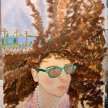
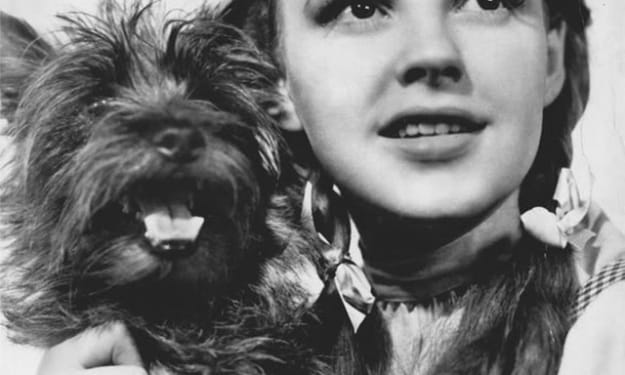

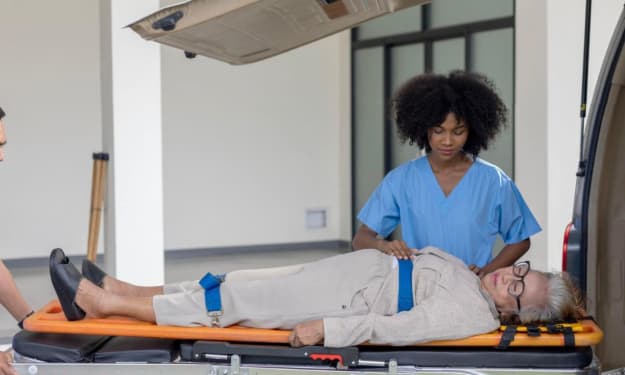

Comments (1)
The power to name hard things...such a useful lesson. I was on the edge of my seat waiting for that notebook to be found.